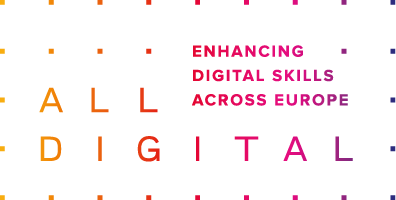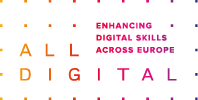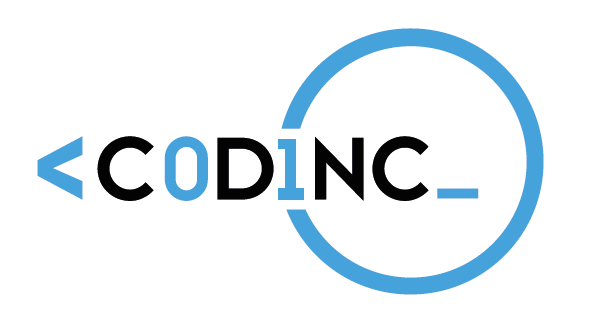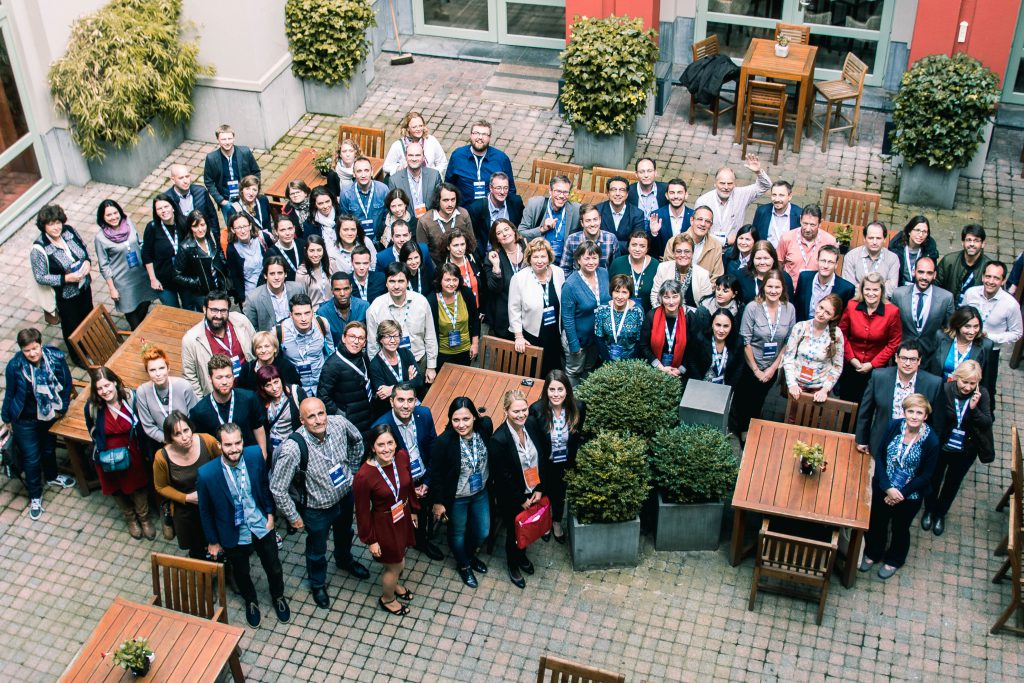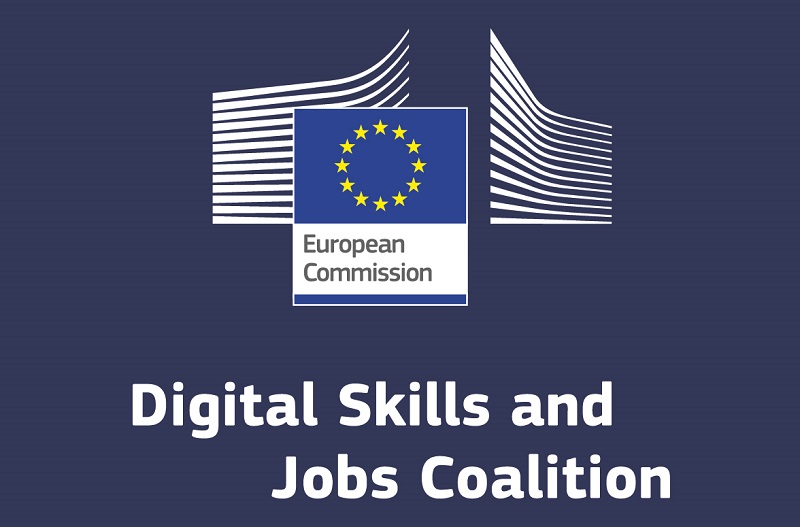02 Oct Back2school and Back2work on I-LINC
02 Oct, 2016
By Iva Walterova
The new school and work year has begun. Organizations and networks throughout Europe that work towards furthering digital skills and digital inclusion among their target groups are back to full swing after the summer. The I-LINC platform is therefore focusing on the topic Back2School/Back2Work this month and will publish information about new activities, courses, ideas that are around throughout Europe after the summer. This allows registered users to let the wider public know about their activities, to learn from new best practices and learning opportunities and to discuss all this in I-LINC forums.
Telecentre Europe members are in the midst of relaunching their activities, adding varied new projects and initiatives to their already rich programs to even further improve their services to the local publics. The most interesting of these have also been published through the I-LINC portal.
There are a number of activities taking place in the area of coding this year. This September Polish organisation FRSI launched their second edition of workshops encouraging young people from rural areas to code. Until the end of November at least 200 coding workshops in Scratch with Finch robots will be delivered to more than 3 000 young people aged between 10 and 15 y.o. throughout the country. FRSI also expects to establish 70 new local coding clubs in rural areas, where young people will have an opportunity to continue their coding education and develop IT skills.
 In Lithuania Langas į ateitį association has decided to approach youth’s coding skills by educating their secondary school teachers. The “Easy Coding” course aims at training educators to be able to introduce principles of programming to their students, which will prepare the 10 to 14 year olds for future digital jobs.
In Lithuania Langas į ateitį association has decided to approach youth’s coding skills by educating their secondary school teachers. The “Easy Coding” course aims at training educators to be able to introduce principles of programming to their students, which will prepare the 10 to 14 year olds for future digital jobs.
In Italy Association Study Centre of Foligno is beginning to prepare a second edition of Social Hackathon Umbria. This three-day marathon aimed at development of digital projects for non-profit associations was introduced successfully in July 2016.
The Association is also running projects with youth in the area of ICT and cultural heritage. This year they are working with local high-school students to co-create a Virtual Museather of a local festival through augmented reality. In connection with this project, the Association is actively involved in a public consultation on Safeguarding and enhancement of intangible heritage of European cultures in the digital area through schools. Anybody can get involved in these efforts by participating in an online survey.
Over in Barcelona, Spain, Teb Association is finalizing its preparations for the Conference on Social Internet, which revolves around strategies for promoting the employability of youth, new paradigms of collaborative economy and coding the professional future – Programming and Robotics. Teb will be actively involved in the last topic.
On the European level a major event related to coding is coming up this Fall (15th-23rd October, 2016) – the EU Code week. Members throughout Europe will participate at this event, for example, the Cyprus Computer Society is co-organising numerous activities, specifically coding and robotics seminars for educators as well as students and interactive workshops for the public, parents, teachers and students working together.
Telecentre Europe, in partnership with Libraries2020, will mark this significant event with a policy paper to be released during the Code Week on the role of non-formal training providers in teaching coding in Europe. Experiences from telecentres, NGOs and libraries and recommendations to policy makers will be collected. Stay tuned for more details!
